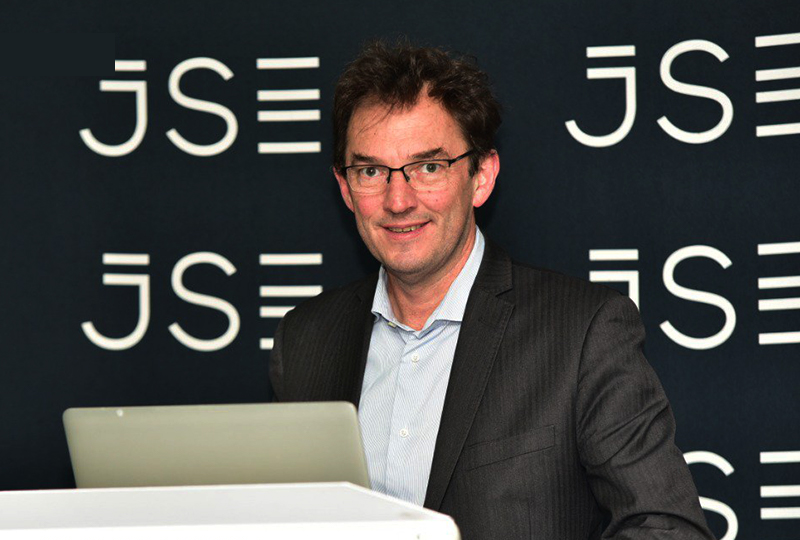
A five-decades old economic theory is being pushed to counter the fears of inflation due to enormous government fiscal stimuli.
Modern monetary theory (MMT) is not so modern. It was first discussed as a theory back in the 1970s. But after the previous financial crisis, it answered a lot of the questions that economists were asking. Now, during the pandemic, we have in many ways an excellent real-world experiment of the theory.
The core part of MMT is that an economy that controls its own currency can, and should, print money as needed to sustain and ultimately grow the economy. There are, of course, a lot of caveats that I will come to shortly.
First, consider this. If a country prints say 100 units of currency to build a bridge, they now have a liability of 100 units but also an asset of 100 units in the form of a bridge. Thus, the impact is neutral. Taking it a step further, that bridge has utility for the economy that certainly exceeds the 100 units it cost to build, so the economy actually benefits.
The risk of course is that governments would print money for a lot of things that don’t add value but triggers higher inflation. However, as pointed out above, that inflation would only really occur if the money being printed is being used for things the economy does not need. An example is te construction of ten bridges right next to each other when one bridge would have been enough or if the cost of the bridge is way more than the utility value.
Inflation risks are fuelled by too much activity (even when it poses utility) where cash is added to workers’ pockets. Luckily, MMT has a solution for inflation too.
In general when inflation starts to rise, the response will be an increase in interest rates. But, what if taxes, rather than interest rates are hiked in response to rising prices? Rather than interest finding its way to the banks, taxes going to the state coffers can remove stock from the money supply in the economy. This will subsequently reduce inflation.
The 2008/2009 global financial crisis was an early experiment in MMT with quantitative easing (QE) pushing hundreds of billions of dollars into the economic system. Everybody, including Ben Bernanke, then chair of the US Federal Reserve, expected this to result in higher inflation. Bernanke, however, commented that inflation was a much slighter concern than a total collapse of the financial system and the Fed would deal with it when it arrived. It never arrived and over a decade later the US still has had no significant inflation.
This time, we will likely see some inflation as the money is being spent in the real economy, whereas the 2008/2009 stimuli went to banks who mostly hoarded it.
But any inflation we see will be modest and not structural so the Fed can manage it with modest interest rate increases (raising taxes in the US is a non-starter). However, current Fed Chair, Jerome Powell, said even that is unlikely if inflation remains modest.
So, while considered radical, MMT actually makes sense for an advanced economy with a strong currency. Locally, and for other emerging-market economies, there are currency risks as a weakening currency pushes up import costs and this can drive inflation higher without the benefit of that bridge.
Ultimately the concept is not for all economies, but it is happening in the US and that will give economists a better understanding not only of MMT but also the drivers of inflation and growth.
If you want to dig deeper in this topic, read the excellent Deficit Myth by Stephanie Kelton.




 Publications
Publications
 Partners
Partners












